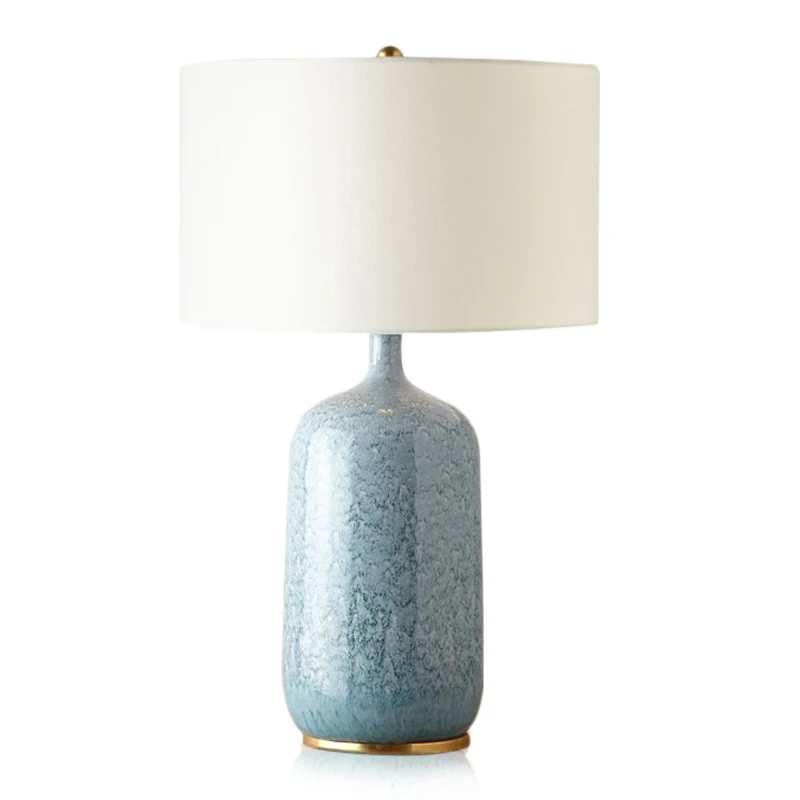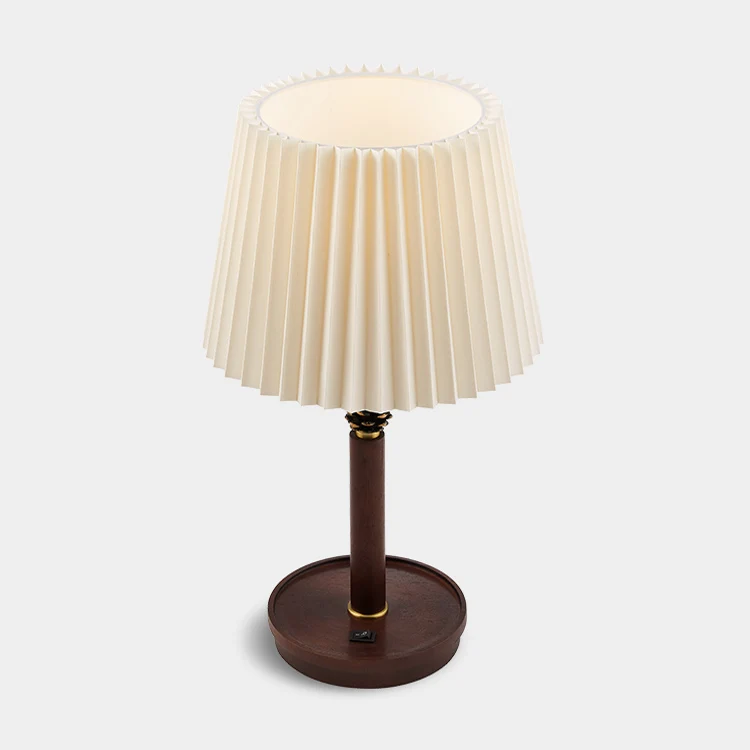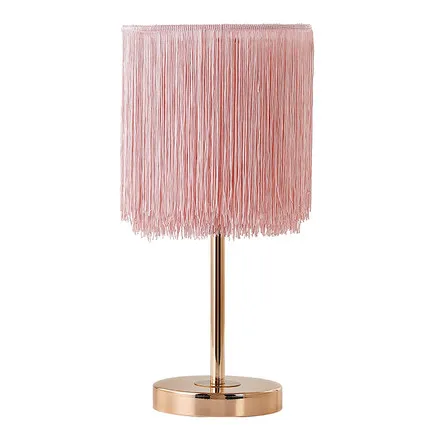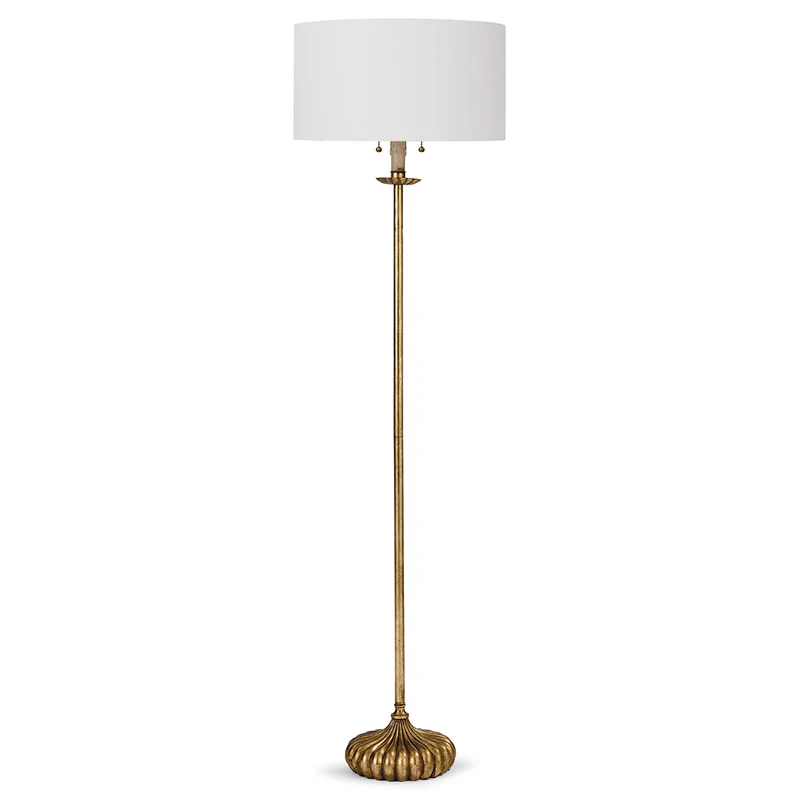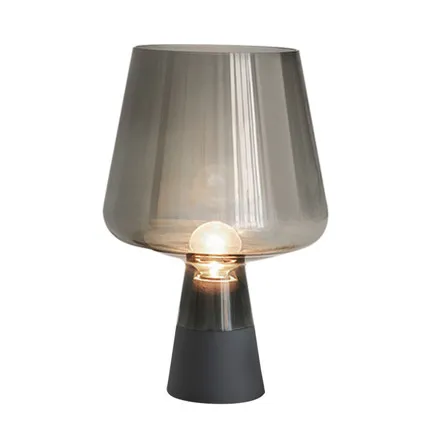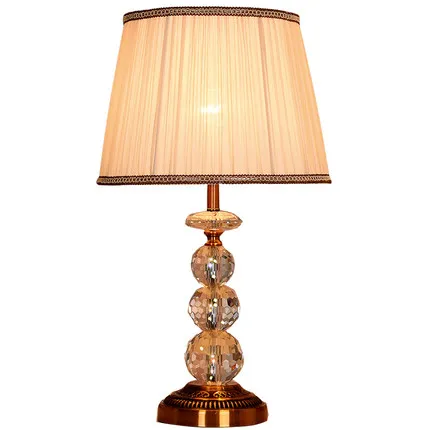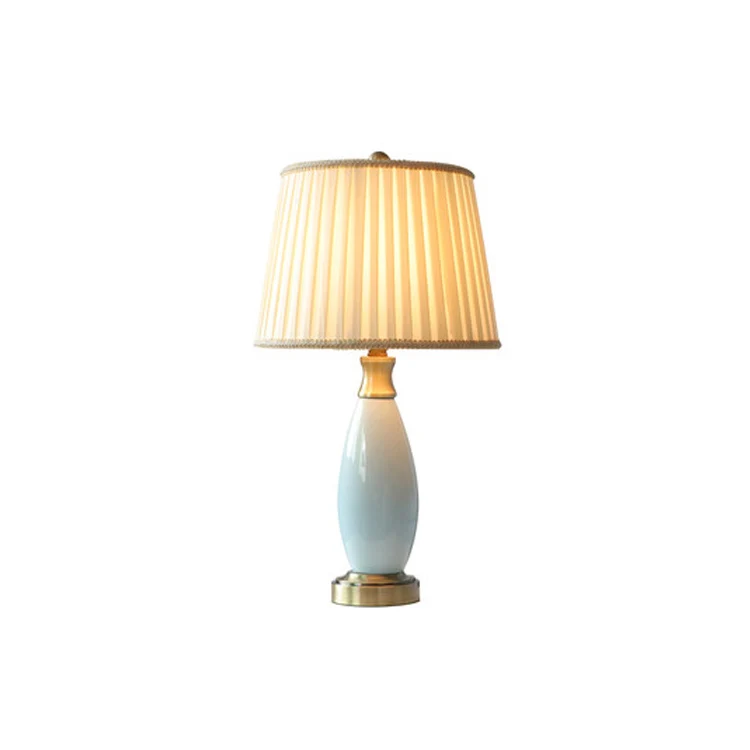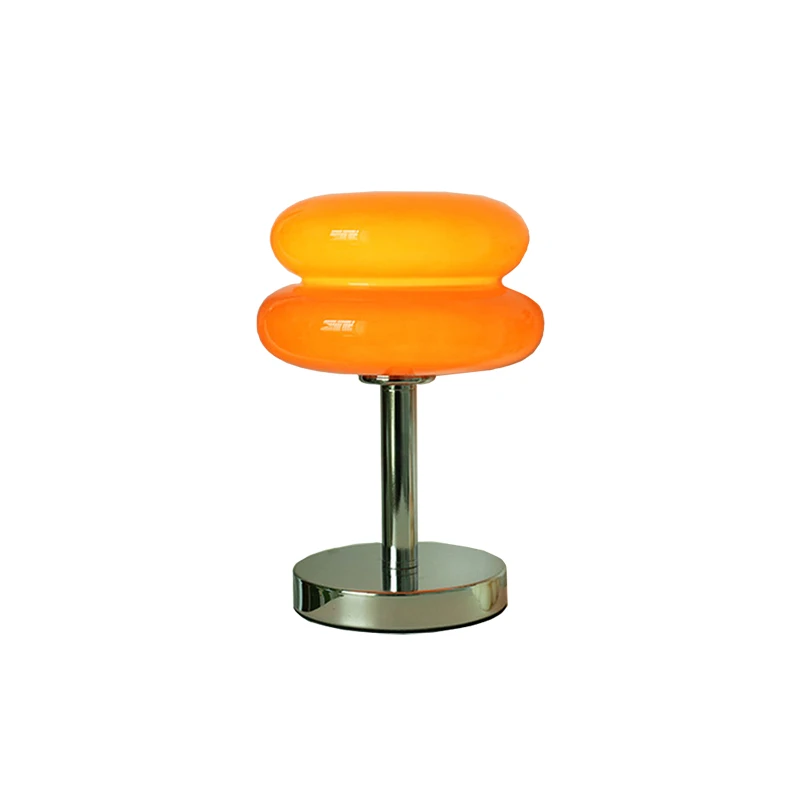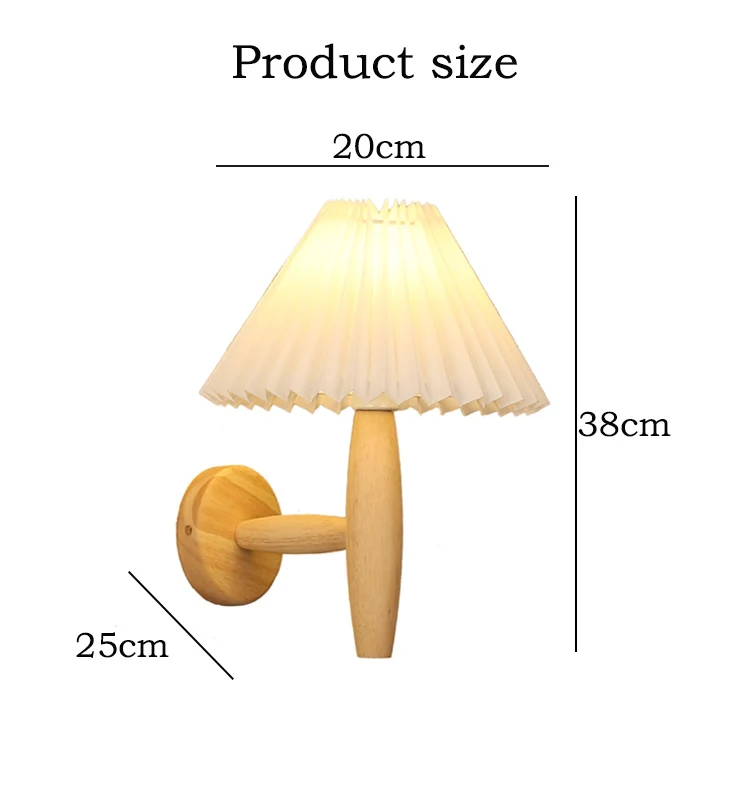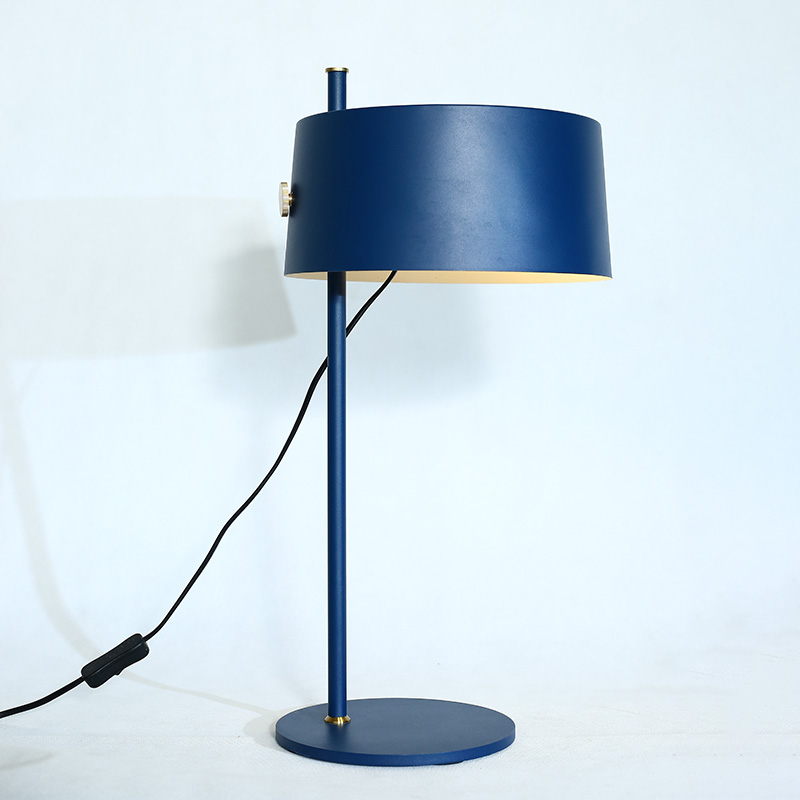
LEAFLETS
PRODUCTS
Factory Direct Sale Personalized Custom Made Indoor Lighting Standing Desk Lamps Living Room Study Floor Lamps Reading Floor Lamps Quality Guaranteed Best Price
The Allure of Personalized Lighting
The ability to personalize lighting is a significant draw for many consumers. Standard, mass-produced lamps may not always integrate seamlessly into a home's unique aesthetic or meet the specific needs of its occupants. A custom-made lamp, on the other hand, offers the potential to perfectly complement existing decor, incorporating specific colors, materials, and finishes. This could range from selecting a particular shade of fabric for the lampshade to choosing a unique base material like reclaimed wood or polished metal. The opportunity to tailor the light's functionality is equally appealing. For example, a standing desk lamp might be customized with a specific arm length and adjustable brightness to provide optimal illumination for focused work. A reading floor lamp could be designed with a focused beam and a comfortable height for relaxed evening reading.
The level of personalization offered will, of course, vary depending on the manufacturer. Some might offer a limited range of customization options, such as selecting from a pre-defined set of colors and materials. Others might offer a more expansive approach, allowing for truly bespoke designs created in collaboration with the customer. This collaborative process allows for the creation of unique lighting pieces that reflect individual tastes and needs, creating a truly personalized and cherished addition to the home.
Factory Direct Sale: Cutting Out the Middleman
The "factory direct sale" aspect of the proposition is key to its affordability. By eliminating the intermediary steps involved in traditional retail distribution – such as wholesalers and retailers – manufacturers can significantly reduce the final price. These intermediaries each add their own markup, increasing the cost of the lamp for the end consumer. In a factory direct model, this markup is removed, passing the savings directly to the buyer. This model also allows for greater transparency in pricing, as the consumer can see more clearly the cost of materials and manufacturing involved.
However, it’s crucial to understand that "factory direct" doesn't automatically equate to lower quality. Reputable manufacturers who sell directly to consumers often maintain rigorous quality control measures, ensuring that their products meet high standards even without the oversight of a third-party retailer. Consumers should, however, investigate the manufacturer's reputation and customer reviews to ascertain the reliability of their quality guarantees.
Quality Assurance and Guarantees
The claim of "quality guaranteed" is critical to the credibility of the offer. Consumers are understandably wary of purchasing expensive items directly from manufacturers, especially when personalization is involved. A robust quality guarantee, offering repairs or replacements for defective products, is essential to build trust and confidence. The terms and conditions of this guarantee should be clearly outlined and easily accessible. Factors such as the duration of the guarantee, the types of defects covered, and the process for making a claim should all be transparently communicated.
In addition to a formal guarantee, reviews and testimonials from previous customers can provide valuable insights into the actual quality of the products. Looking at online reviews on various platforms can help assess the manufacturer's responsiveness to customer issues and their commitment to resolving any problems that may arise. This due diligence is essential before making a significant purchase.
The Best Price Promise: Value for Money
The "best price" claim needs to be examined critically. While the elimination of retail markups offers substantial savings, it doesn't automatically guarantee the absolute lowest price available. Consumers should still compare prices from different manufacturers offering similar products and customization options. Consider factors such as materials, craftsmanship, and the scope of the customization offered. A slightly higher price might be justifiable if it reflects superior quality or a broader range of personalization options.
It's also important to consider the total cost, including shipping and handling fees. These additional costs can significantly impact the overall value proposition. Therefore, a transparent breakdown of all costs is crucial for informed decision-making. Look for manufacturers that clearly state all associated charges upfront, avoiding any hidden fees that could negate the perceived savings.
Conclusion
Factory direct sale of personalized custom-made indoor lighting offers a potentially attractive option for consumers. The promise of combining bespoke designs with affordability and quality assurance is compelling. However, due diligence is crucial before committing to a purchase. Thorough research into the manufacturer's reputation, careful examination of the quality guarantee, and comparison shopping are essential steps to ensure that the “best price” and “quality guaranteed” claims are genuinely fulfilled. By undertaking these steps, consumers can increase their chances of acquiring high-quality, personalized lighting at a truly competitive price.
SUBSCRIBE
INQUIRY

